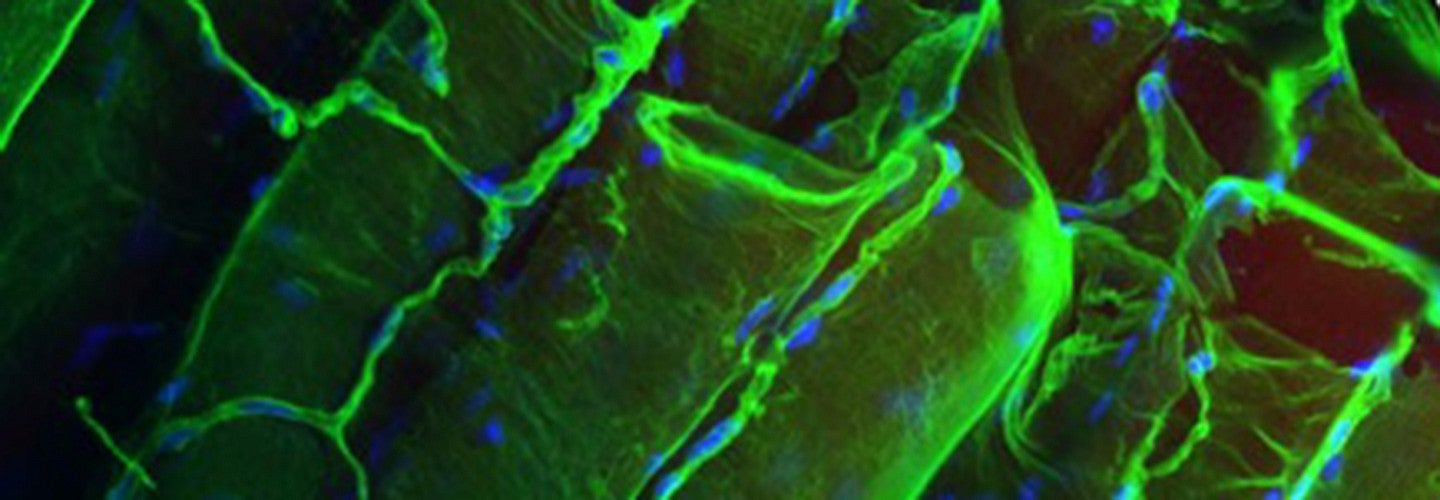
Regenerative Rehabilitation and Human Performance
Research Focus | Regenerative Rehabilitation and Human Performance
We develop and integrate engineered technologies to measure, model, regenerate and enhance the performance of tissue systems. At Knight Campus, we have state of the art rehabilitation and functional outcomes facilities which we use to develop and implement performance organoid systems, in vivo pre-clinical models of exercise and rehabilitation interventions, and evaluate functional outcomes to better inform clinical regenerative rehabilitation medicine and translate new technologies. The overall goal of this focus area is to improve human performance throughout all aspects of life, from young to old, healthy to injured and novice to elite.
Major problems we are trying to solve:
- Regenerative mechanobiology: Investigate the mechanobiology of regenerative and stem cell therapies.
- Regenerative rehabilitation: Establish rehabilitation protocols to enhance functional integration of regenerative and tissue engineered therapeutics.
- Human performance biobank: Develop a biobank of tissue specimens from community and elite athletes and diverse population groups.
- Performance organoid systems: Develop and utilize dynamic 3D model systems to evaluate performance outcomes from tissues from athletes.
- Sensor systems for performance and rehabilitation: Engineer real-time sensor systems to evaluate healing and function of tissues and to provide real-time guidance of rehabilitation regimens during healing.
Participating Research Groups
- Regenerative mechanobiology (Lindberg, Guldberg, Willett).
- Regenerative rehabilitation (Guldberg, Hahn, Hettiaratchi, Lin, Mehanian, Willett).
- Human performance biobank (Lindberg, Guldberg, Willett).
- Performance organoid systems (Dalton, Guldberg, Hettiaratchi, Lindberg, Willett).
- Sensor systems for performance and rehabilitation (Guldberg, Hahn, Ong, Willett).
Bioengineering Program Faculty — Regenerative Rehabilitation and Human Performance
EXPLORE OUR BIOENGINEERING RESEARCH GROUPS
